Wondering if judging others is a sin? Delve into historical, religious, and psychological insights that unravel this complex moral dilemma.
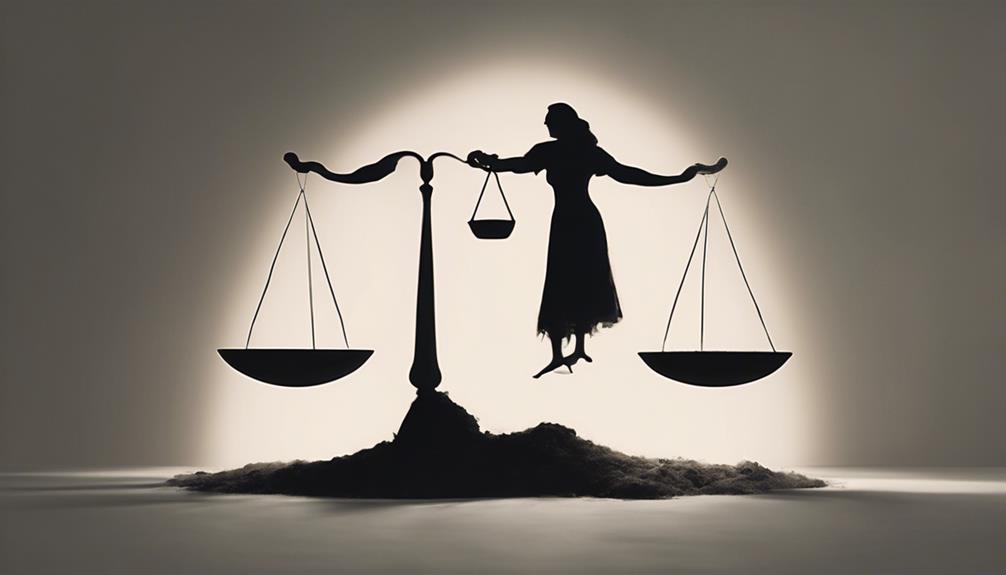
Is Judging People a Sin?
As you navigate the murky waters of human interaction, you've likely found yourself at the crossroads of judgment more than once.
Understanding whether judging others is a sin isn't as black and white as it might seem at first glance. Historical perspectives offer varying viewpoints, while religious doctrines provide diverse interpretations.
The psychological aspects behind why we judge and how we navigate its moral implications add layers to this complex topic.
By exploring these dimensions further, you'll uncover insights that may challenge your current understanding and provoke thoughtful consideration on how you perceive and interact with those around you.
Key Takeaways
- Religious teachings often caution against judging others, promoting compassion and understanding instead.
- Moral considerations suggest differentiating between constructive criticism and harsh judgment, with intent being a crucial factor.
- Psychological factors highlight how cognitive biases and social influences can cloud our judgment, emphasizing the need for self-awareness.
- Legal and historical perspectives show society's evolving understanding of judgment, underscoring the balance between individual rights and societal needs.
Understanding Judgment
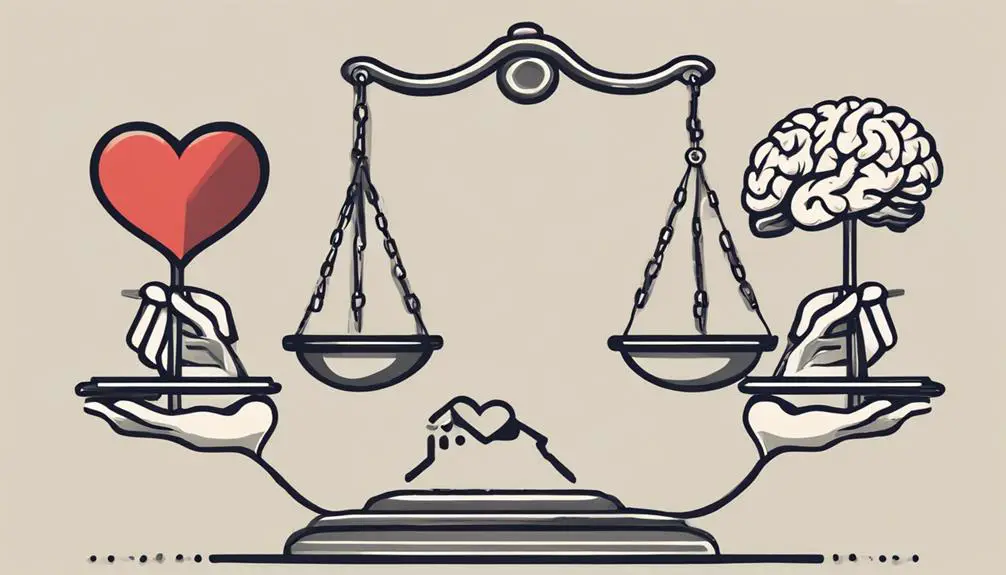
To fully grasp the concept of judgment, it's crucial to distinguish between its various forms and understand their implications on both personal and societal levels. Judgment can stem from an array of sources, notably social biases and personal experiences, which shape one's perception and reaction to others. It's essential to recognize how these elements influence judgment, as they often operate subconsciously, guiding decisions and attitudes without overt recognition.
Social biases, ingrained in societal norms and values, can lead to prejudgments that affect individuals and groups, often resulting in unfair treatment or discrimination. These biases aren't just relics of the past; they evolve with society, reflecting the prevailing attitudes of the time. On a personal level, experiences shape judgment through a lens of individual history and interactions. What one has encountered in life can significantly affect how they view others, leading to a judgment that may be more reflective of their own experiences than the reality of the person or situation being judged.
Understanding judgment requires a deep dive into these factors, encouraging a shift towards more conscious, equitable evaluations. It's about challenging oneself to look beyond the surface, questioning the basis of one's judgments, and striving for a more understanding and less judgmental perspective.
Historical Perspectives
Throughout history, societies have grappled with the concept of judgment, often reflecting the moral and ethical standards of their times. You'll find that cultural norms have significantly influenced how judgment is perceived and exercised. Legal evolution, on the other hand, shows a more structured approach to judgment, incorporating various societal values into the judiciary processes.
The relationship between cultural norms and legal evolution provides a fascinating lens through which to view the historical perspectives on judgment. To highlight the pivotal moments in this journey, consider the following table:
Era |
Cultural Impact on Judgment |
Legal Evolution |
|---|---|---|
Ancient |
Guided by tradition and elders |
Basic laws and retribution |
Medieval |
Influenced by feudal and religious systems |
Codification of laws begins |
Modern |
Shift towards individual rights |
Development of legal systems |
Contemporary |
Globalized perspective on rights and ethics |
International law and human rights |
This table underscores the dynamic interplay between cultural norms and legal evolution. As societies have evolved, so too have their approaches to judgment, moving from rudimentary practices to more sophisticated legal frameworks that strive to balance individual rights with societal needs. This historical journey not only reflects changes in societal values but also highlights humanity's ongoing quest to understand and implement justice in a complex world.
Religious Doctrines Examined
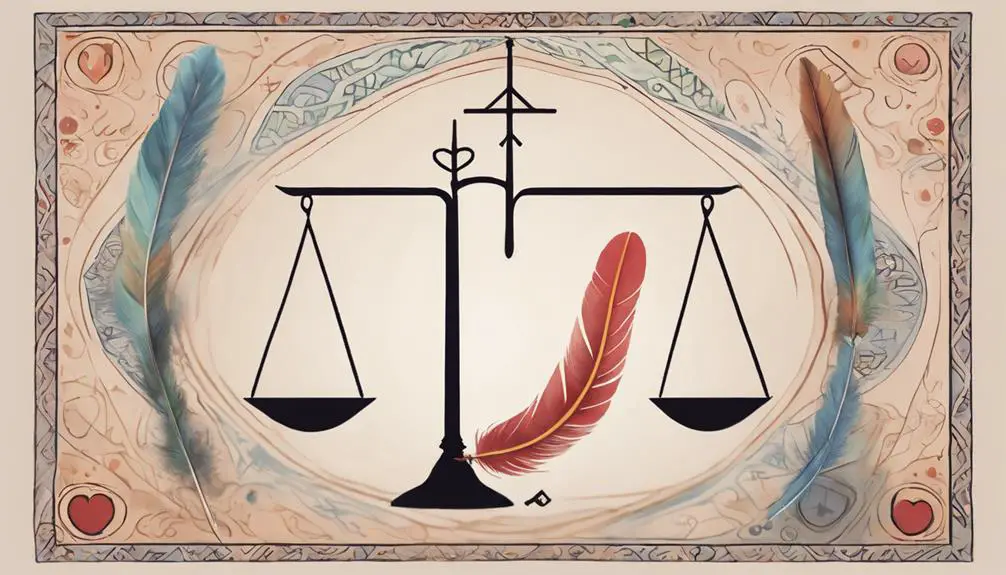
Religious doctrines across various faiths offer diverse perspectives on the act of judging others, each embedding its moral implications within a complex theological framework. You'll find that many teachings caution against hasty judgments, emphasizing the exclusive domain of divine justice. This divine prerogative suggests that ultimate judgment belongs to a higher power, underscoring the limitations of human understanding and the susceptibility to cultural biases that can distort our perceptions.
In scrutinizing these doctrines, you'll notice a common thread: the call to exercise compassion and understanding, rather than judgment. This approach acknowledges the inherent flaws and biases that color human judgment, urging a reflection on one's own shortcomings before casting judgment on others. It's a humbling reminder of the fallibility of human judgment, especially when contrasted with the concept of divine justice, which is perceived as infallible and beyond the influence of cultural biases.
This analytical exploration reveals that, at their core, many religious doctrines advocate for a stance of non-judgment, promoting empathy and forbearance over condemnation. It's a perspective that challenges you to look beyond surface-level judgments, encouraging a deeper understanding of the complexities of human behavior without succumbing to the oversimplifications that often accompany cultural biases.
Psychological Aspects
Delving into the psychological aspects, we encounter the complex interplay of cognitive biases and emotional responses that shape our judgments of others. This intricate process is influenced by several factors that, while often operating beneath our conscious awareness, profoundly affect how we perceive and evaluate those around us.
- Cognitive biases: These are systematic patterns of deviation from norm or rationality in judgment. They arise from the way our brain processes information and can lead us to make inaccurate assessments of others.
- Emotional responses: Our feelings and emotions play a significant role in how we judge people. Positive emotions can lead to more favorable judgments, whereas negative emotions might result in harsher evaluations.
- Social influences: The opinions, behaviors, and norms of our social groups significantly impact our judgment processes. We're more likely to adopt and reinforce the judgments prevalent within our circles.
Understanding these psychological underpinnings is crucial for developing greater self-awareness and empathy. It allows you to recognize the biases and influences at play and strive for more fair and informed evaluations of others, steering clear of simplistic or unjust judgments.
Navigating Moral Implications
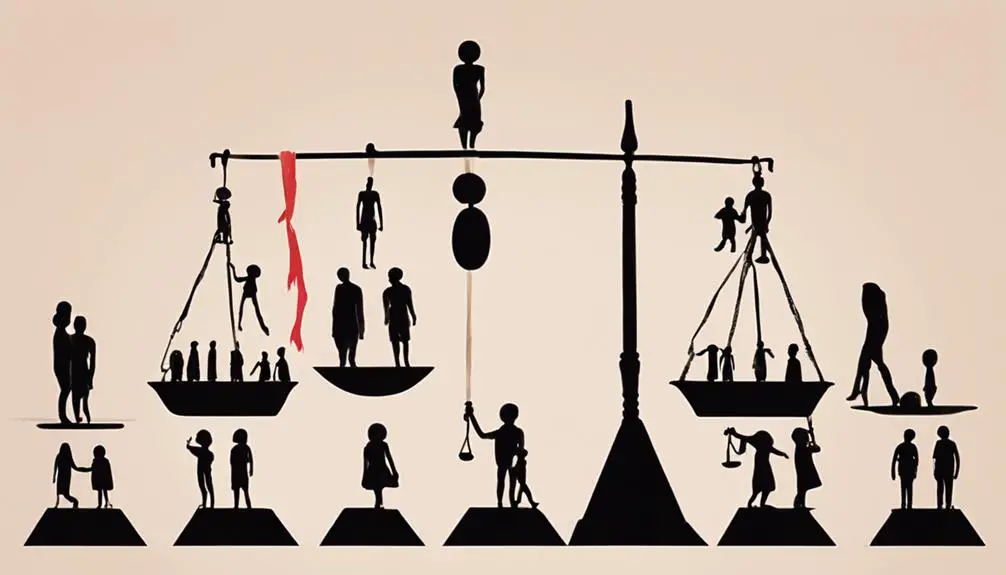
Navigating the moral implications of judging others requires a nuanced understanding of its ethical dimensions and impacts on human relationships. You're often confronted with ethical dilemmas when deciding to judge or withhold judgment. It's crucial to recognize how personal biases can cloud your judgment and potentially lead to unfair assessments of others. These biases aren't always evident, making it imperative for you to engage in constant self-reflection to ensure a fair and unbiased perspective.
Understanding the fine line between constructive criticism and judgment is vital. Constructive criticism aims to uplift and improve, whereas judgment often stems from a place of superiority or negativity. You must ask yourself the intent behind your thoughts or actions: Are you seeking to help or to harm?
Moreover, the ethical dilemmas surrounding judgment often revolve around the consequences of your actions. Your judgments can significantly affect someone's self-esteem and relationships, creating a ripple effect in their life and the community. Hence, it's essential to approach each situation with empathy and understanding, allowing room for growth and forgiveness.
Frequently Asked Questions
How Does the Act of Judging Others Influence Personal Relationships and Social Dynamics in a Community Setting?
Judging others can strain personal relationships and shift social dynamics in a community, affecting peer influence and complicating conflict resolution. It's crucial to approach others with understanding and respect to foster a harmonious environment.
Can the Habit of Judging Others Be Completely Eradicated, or Is It an Inherent Aspect of Human Psychology?
You can't fully eradicate judging others; it's rooted in evolutionary instinct and shaped by cognitive biases. Understanding this aspect of human psychology helps in managing these tendencies more consciously and compassionately in social interactions.
What Are the Practical Steps Someone Can Take to Become More Empathetic and Less Judgmental in Their Daily Interactions?
To become more empathetic, you should practice active listening, focusing fully on others' perspectives. Engaging in compassion exercises also helps by putting yourself in their shoes, fostering understanding and reducing judgment in daily interactions.
How Do Modern Digital Platforms and Social Media Contribute to the Culture of Judgment and Comparison Among Individuals?
Modern digital platforms and social media often amplify algorithm bias, reducing virtual empathy. This fosters a culture of judgment and comparison, as you're constantly exposed to curated realities that skew your perception of others.
In What Ways Do Cultural Differences Affect the Perception of Judgment and the Boundary Between Acceptable Critique and Sin?
Cultural relativism and moral absolutism shape your understanding of judgment. You'll find that cultural differences significantly impact what's deemed acceptable critique or sin, highlighting the importance of context in evaluating others' actions and beliefs.
Conclusion
In conclusion, judging others intertwines with complex moral, religious, and psychological dimensions. Historically and doctrinally, many faiths caution against hasty judgments, emphasizing compassion and understanding.
Psychologically, judgment reflects our biases and experiences, urging a need for introspection. Navigating these moral waters requires discernment and empathy, acknowledging our limitations in truly understanding another's journey.
Therefore, while judgment is a natural human inclination, it behooves us to approach it with humility and a profound sense of responsibility.


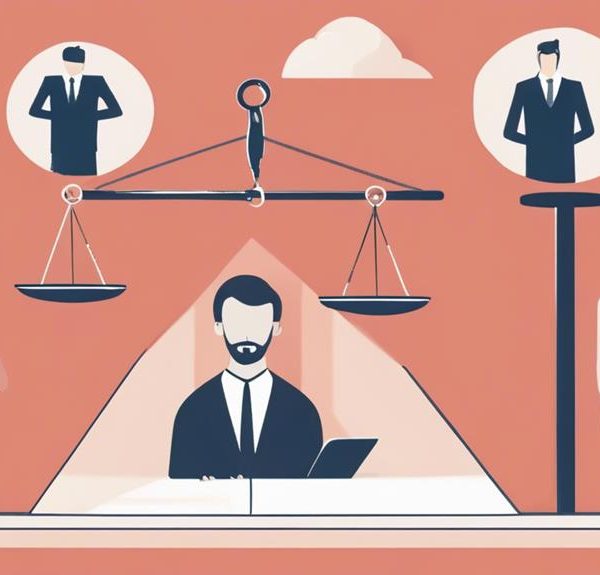
Sign up